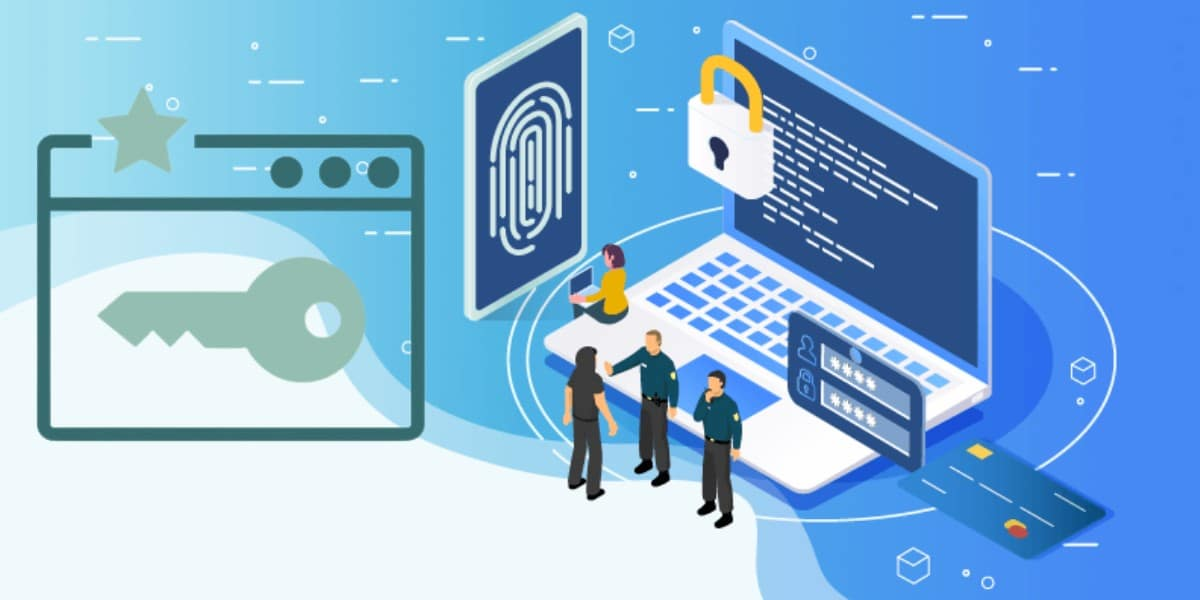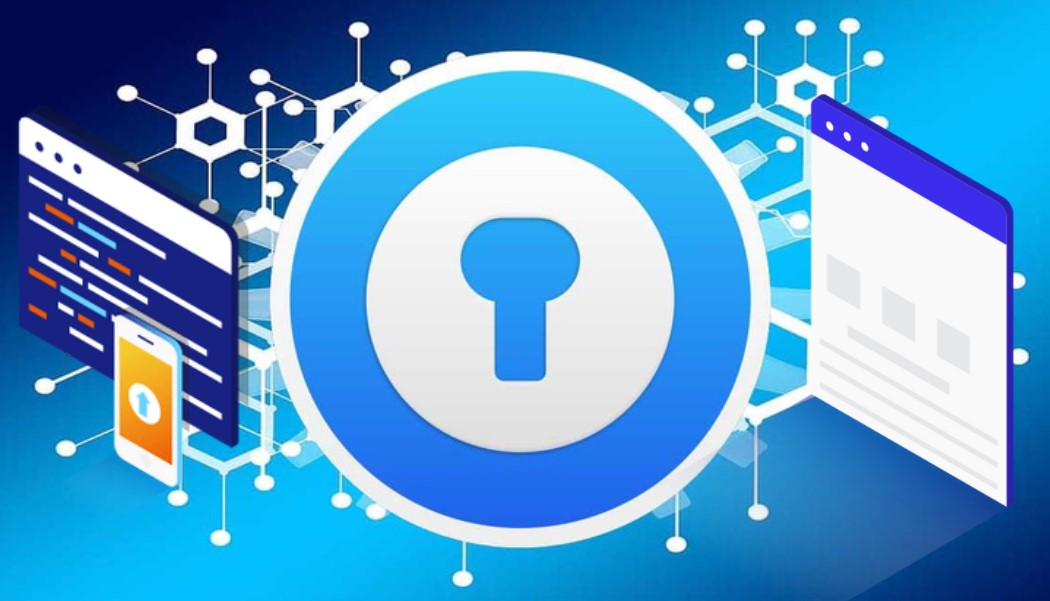
The internet is an incredible tool that has transformed how we live, work, and communicate. However, the internet is also full of security risks, with many websites tracking our every move online. This is where antidetect browsers and proxies come into play. In this article, we will discuss an antidetect browser, how it works, and how it compares to a proxy. We will also explore the benefits of using an antidetect browser and discuss some of the best browsers for multi-accounting, including MoreLogin Browser.
An Antidetect browser is a tool designed to help protect users' online anonymity by disguising their browser fingerprints. A browser fingerprint is a unique set of attributes that can identify a specific user or device. These attributes include the user's browser type and version, operating system, language, installed fonts, screen resolution, and more. By analyzing these attributes, websites can track and identify users even if they are using a VPN or other privacy tools.
Antidetect browsers work by mimicking legitimate browser fingerprints or creating entirely new ones, making it difficult for websites to track or identify the user. These browsers typically come with various features to help users create and manage multiple browser profiles, switch between different fingerprints and mask their IP addresses.
Antidetect browser spoofs browser attributes. This can include modifying the user agent string, a text that identifies the user's browser to websites. By changing the user agent string, the Antidetect browser can make it appear as if the user is accessing the site from a different browser or device.
Antidetect browsers may also manipulate other browser attributes, such as the list of installed plugins or fonts, the screen resolution, or the language settings. The Antidetect browser can further obfuscate the user's fingerprint by changing these attributes.
Some Antidetect browsers also have features like built-in proxies, which can help users mask their IP addresses or location. These browsers may also offer tools for clearing cookies or other site data to prevent websites from tracking users over time.
It's worth noting that while Antidetect browsers can help protect online privacy, they can also be used for malicious purposes, such as committing fraud or engaging in cybercrime. As a result, some websites and services may block or flag users who are using Antidetect browsers. Additionally, some Antidetect browsers may have security vulnerabilities or be less secure than mainstream browsers, so it's essential to use caution and research before using one.
 What Is Proxy? Different Features of Proxy
What Is Proxy? Different Features of ProxyA proxy server, known as a proxy, is an intermediary server that acts as a gateway between a client device (such as a computer or a smartphone) and the internet. When a client device requests a resource (such as a web page or a file) from the internet, the request is first sent to the proxy server, which then forwards the request to the internet on behalf of the client. The response from the internet is then sent back to the proxy server, which delivers it to the client. There are different types of proxies, including:
· Web proxies: These are used to access the internet and browse the web. They can be accessed through a web browser and are often used to bypass web filters or to hide the user's IP address.
· Reverse proxies: These are used to distribute traffic among multiple servers, often to improve performance or to provide additional security.
· Transparent proxies: These are used to intercept traffic and forward it to the internet without modifying it. Internet service providers (ISPs) often use them to cache frequently accessed resources and improve network performance.
· Anonymous proxies: These are used to hide the user's IP address and location. They can be used for privacy or to bypass geographical restrictions.
The features of a proxy server can vary depending on its type and configuration. Some of the standard features of a proxy server include the following:
· Caching: Proxies can cache frequently accessed resources to reduce the time it takes to load them, thus improving performance.
· Filtering: Proxies can be configured to filter out certain types of content, such as ads or malicious websites.
· Logging: Proxies can log information about the requests and responses passing through them, which can be helpful for troubleshooting or auditing purposes.
· Authentication: Proxies can require users to authenticate themselves before allowing them to access the internet, which can help prevent unauthorized access.
· Encryption: Proxies can encrypt traffic between the client and the server, which can help improve security and protect against eavesdropping.
· Load balancing: Reverse proxies can distribute traffic among multiple servers to improve performance and prevent the overloading of individual servers.
· Geolocation: Anonymous proxies can appear as if the client is located in a different geographical location, which can help bypass geographical restrictions or access content unavailable in the user's location.
Proxies help improve performance, enhance security, and protect privacy. However, using them responsibly and being aware of their limitations and potential risks is essential.
Both an Antidetect browser and a proxy server can be used to protect online privacy and anonymity, but they differ in their approach and advantages.
An Antidetect browser is designed to disguise the user's fingerprint by mimicking legitimate browser attributes or creating new ones. Changing the user agent string, installed plugins, fonts, screen resolution, or other browser attributes, the Antidetect browser can make it difficult for websites to track or identify the user. Some of the advantages of using an Antidetect browser include the following:
· Improved anonymity: By disguising the user's browser fingerprint, an Antidetect browser can help protect against tracking and profiling by websites, advertisers, or third parties.
· Access to restricted content: Some websites or services may be determined based on geographical location, IP address, or other attributes. Using an Antidetect browser, users can bypass these restrictions and access content that would otherwise be unavailable.
· Protection against fraud and scams: Some online fraud or scams rely on tracking or identifying the user. Using an Antidetect browser, users can protect themselves against these threats and prevent their personal or financial information from being compromised.
On the other hand, a proxy server is an intermediary server that can be used to hide the user's IP address and location, as well as to improve performance, enhance security, and protect against network attacks. Some of the advantages of using a proxy server include the following:
· Improved security: By routing traffic through a proxy server, users can protect against network attacks, such as DDoS or hacking attempts, and prevent their personal or financial information from being compromised.
· Access to restricted content: Similar to an Antidetect browser, a proxy server can bypass geographical restrictions and access content that would otherwise be unavailable.
· Improved performance: A proxy server can improve network performance and reduce latency by caching frequently accessed resources or distributing traffic among multiple servers.
· Protection of personal information: By hiding the user's IP address and location, a proxy server can help protect the user's personal information and prevent it from being tracked or monitored.
Browsers for multi-accounting are web browsers that allow users to manage multiple online accounts simultaneously from a single browser instance. They help manage various online personas, such as social media managers, online marketers, or individuals with numerous personal or business accounts. Here are some examples of browsers for multi-accounting:
· Firefox Multi-Account Containers: This is a free browser extension for Firefox that allows users to create multiple containers, each with its own set of cookies and session data. This enables users to manage different online accounts without mixing up their data.
· Google chrome profiles: Google Chrome allows users to create multiple browser profiles, each with its extensions, bookmarks, and browsing data. This enables users to manage different online accounts without logging in and out of different versions.
· Microsoft edge profiles: Similar to Google Chrome, Microsoft Edge allows users to create multiple browser profiles, each with its data set, extensions, and default settings. This enables users to manage different online accounts without switching between other browsers.
· Opera browser workspaces: Opera Browser allows users to create multiple workspaces, each with its tabs, bookmarks, and history. This enables users to manage different online accounts without mixing up their data.
MoreLogin browser: MoreLogin is a customizable browser that allows users to create multiple profiles, each with its own set of settings, bookmarks, and extensions. This enables users to manage different online accounts without switching between other browsers.
 Morelogin Browser Review: Key Benefits and Unique Features
Morelogin Browser Review: Key Benefits and Unique FeaturesMoreLogin Browser is a web browser for managing multiple online accounts and identities. Here are some key benefits and unique features of the MoreLogin browser:
· Safety and security: MoreLogin Browser offers advanced security features to protect user data and online privacy. The browser uses encryption technology to secure all user data, including passwords and other sensitive information. It also offers a private browsing mode that prevents the browser from recording the user's browsing history, cookies, or other personal data.
· Proxy support: MoreLogin Browser supports all major proxy protocols like Socks5, HTTP, and SSH. This enables users to route their traffic through a proxy server, which can help protect their online identity and prevent tracking or surveillance by third parties.
· Teamwork: MoreLogin Browser allows multiple users to share the same browser instance, each with their tabs and browsing data. This makes it easier for teams to collaborate on projects, manage social media accounts, or perform tasks requiring multiple online identities.
· Universal browser: MoreLogin Browser is designed to work with all major web platforms, including social media, email, banking, and e-commerce websites. This enables users to manage all their online accounts from a single browser instance without switching between different browsers or applications.
· Simple interface: MoreLogin Browser has a simple and intuitive easier use interface, even for users with minimal technical experience. The browser is designed to be user-friendly and streamlined, with all significant features accessible through a few clicks or keystrokes.
MoreLogin Browser is a helpful tool for managing multiple online accounts and identities. Its advanced security features, proxy support, team collaboration, and universal browser capabilities make it a popular choice for individuals and teams who need to manage multiple online identities and accounts.
It is essential to be aware of the risks associated with online tracking and take measures to protect our online privacy. Antidetect browsers and proxies are just tools available to help us do this. By understanding the benefits and features of antidetect browsers, we can make informed decisions about which agencies to use and how best to protect ourselves online. Whether managing multiple online accounts or simply browsing the web, an antidetect browser can make our online experience more secure and easier to manage.
What is a multi-accounting and why do you need one
上一页